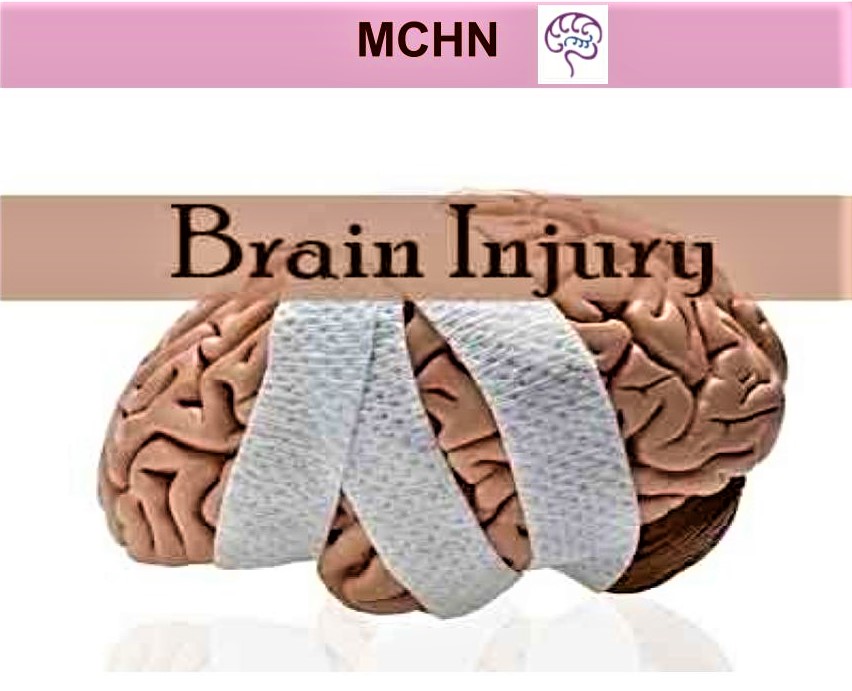
Traumatic brain injury or TBI occurs as a result of direct trauma to the brain or acceleration/ deceleration forces. It is a common and typically benign diagnosis. However, TBI can have serious short and long term effects. The pathophysiology of TBI includes primary and secondary brain injury. The main causes of these injuries are falls, motor vehicle accidents, recreational/occupational accidents, violence, combat injuries or blast explosives. It is frequently used as an analogy to concussion which is a milder subset of head injuries.
TBI encompasses a broad range of pathologic injury to the brain. Within the first thirty minutes of a brain injury leading to TBI multiple things can occur which include a central nervous symptom inflammatory response, brain ischemia, vascular injury or occlusion, cerebral edema, herniation or brain death. These causes can manifest as multiple neurologic symptoms.
Traumatic Brain Injury is classified using the Glasgow Coma scale which is a scoring system to describe a patient’s level of consciousness and help gauge the severity and prognosis of acute brain injury. This universal rating tool classifies TBI as mild, moderate or severe.
Repetitive brain injury can be associated with a constellation of symptoms due to structural and biochemical changes. Post concussion syndrome commonly occurs after mild TBI. This syndrome usually develops within a few days with resolution taking up to weeks to months.
Signs and symptoms include dizziness, amnesia, neuropsychiatric symptoms, and cognitive impairment.
In addition, Post Traumatic Headache occurs in up to 27-78% of patients after mild TBI. According to The International Headache Society ( HIS) criteria, Post Traumatic Headache usually occurs 7 days after the traumatic event. Symptoms and characteristics of this headache may have a similar pattern to non traumatic headache syndromes like Migraine or Tension type Headache.
Other Neurologic disturbances related to TBI include Cranial Nerve Syndrome ie Facial Nerve Palsy, Vestibular Migraine, Trigeminal Neuralgia, Post Traumatic Epilepsy, Chronic Traumatic Encephalopathy, Sleep Wake Disturbances, sustained neck pain and subarachnoid hemorrhage.
Patients with TBI are complex and require a multidisciplinary approach. If you have had a recent head injury or have a history of repetitive head trauma and are experiencing neurological symptoms, The Manhattan Center for Headache and Neurology has competent providers to further evaluate and facilitate acute and extended management.
Jordan Shankle, PA
